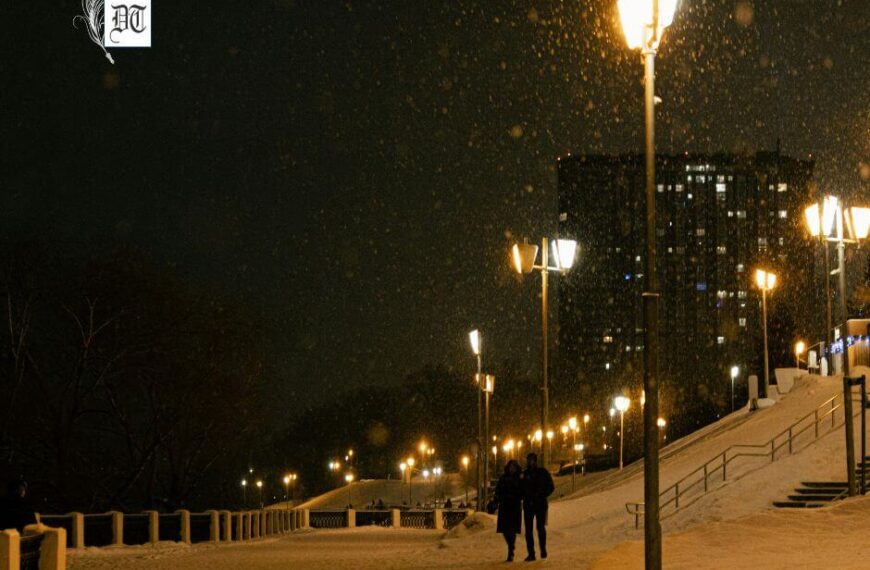Here’s the second and final part of the serialising Tatjana’s new book, Perfection, in three languages, Serbian and Japanese, other than English, exclusively for Different Truths.
The Faraway Horizons of Poetry
The poem is the homeland of feelings, a poet’s topography of the soul. Its sublimity inevitably strives for perfection, which must not only be in linguistic and stylistic outbursts, but also in the comprehensiveness of meaning – the perfection of experience, as the basic assumption of the construction of poetic totality. This unity of emotionality and the literary process is a very close-knit idea, from which a trilingual collection of poems by Tatjana Debeljacki entitled Perfection emerged. If we add her experience in the writing of haiku and the diligence and conciseness of this poetic form and, on the other hand, the knowledge of Japanese culture and its symbolic and idiomatic expressions in traditional but also modern literature, the initial analogy can go as far as Lottman’s remark that literature has a simplicity more complex than complexity – in a balanced ideal and harmony between the aesthetics of the theme and the inner aesthetic experience, the image, and the essence, as is the case with this collection.
In the first poems, Japan already appears as a prefix and symbol, the thematic motivational centre of the poem, but also its upgrade as an ideologue that does not necessarily reflect reality, but creates itself in a sphere in which emotions and the need to bring the distant landscape closer to a deep inspiration in detail and the whole are touched. For, as Valéry says, “We are going forward, but we are constantly in moments and we cannot stop them.” Collecting these details is a way of overcoming the time and space of the “man-passenger” (hommo viator) who, between the country’s homeland and its projections to the heavenly vau lt, “becomes aware of his belonging to the whole” (Adler). In the same way, Tatjana Debeljacki, between the horizon of her own poetic experience and the distant horizon of the homeland of her haiku inspiration, finds the unity and symbiosis of very successful poetic paintings and poetry as a whole.
lt, “becomes aware of his belonging to the whole” (Adler). In the same way, Tatjana Debeljacki, between the horizon of her own poetic experience and the distant horizon of the homeland of her haiku inspiration, finds the unity and symbiosis of very successful poetic paintings and poetry as a whole.
Regarding the second part of the collection, it is to be noted that the poet remains faithful to her obscure subjects; love, passion, thriving for eternity, faith in the value of ethics and authentic poetic existence. “Memory is the suicide of oblivion” – writes Tatjana Debeljacki in the poem “Eyes” in order to indirectly emphasise that we live simultaneously in comprehensiveness and finality, as in the “community of feelings” (Virilio) between which there is a bridge of verses as a quote of time and experience. An attempt to bridge spaces and unite different times defines a mission that we can recognize in almost every poem of this collection, in the thoughts and symbolic subtext. But the danger that is lurking from excessive self-consciousness is somewhat avoided because the intensity of inspiration neither explicates nor determines the degree of the value of the work. The successfulness of the poems is often more influenced by inner harmony than by ecstatic excitement, and precisely such harmony is established by Tatjana Debeljacki in most of the poems.
most of the poems.
As early as 1975, writing in a short auto poetic text about poetic inspiration in a text with the same title, Sándor Veres says: “Inspiration is not everything: if the content is not present in us matured to the point of display, and if nothing is caught from the flow of our current thought, then love of oneself gapes like a gloomy, empty abyss. Steel can be formed only at the appropriate temperature: however, the temperature is futile if there is no steel …”
In Tatjana Debeljacki, the fire and the building material of Perfection are visible. What is recognized is the steel in her words and the fire in the expression, the will, above all, to sing deeply and sensibly at the time when every kind of sensation has been forgotten, pushing it towards the margin of the sentiment, not the depth of the experience. That is why we should always praise the perseverance of the poet who watches and thinks about the world of images and languages as if it was re-created, and her intention to overcome space and preserve all that is most valuable – soul.
In Belgrade on 14th February 2018
(Concluded)
©Tatjana Debeljacki
Photos from the Internet
#BookSerialisation #BookOfPoems #Poems #TatjanaDebeljacki #Haiku #DifferentTruths





 By
By

 By
By
 By
By